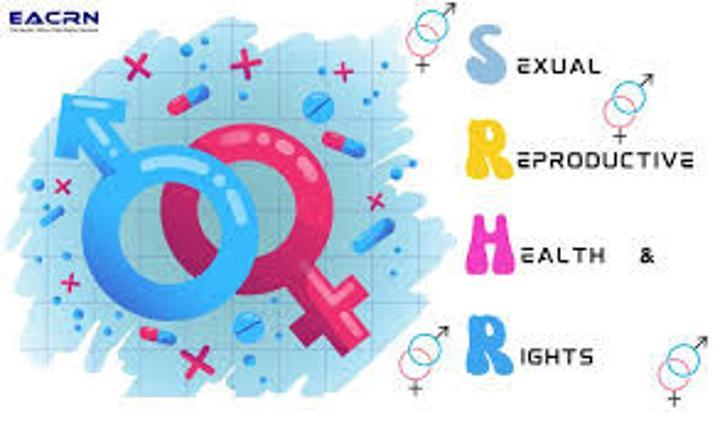Africa-Press – Zimbabwe. Participants at a capacity-building workshop underway in Johannesburg have warned that worsening climate shocks are undermining healthcare systems across southern Africa, with women, adolescents, and vulnerable groups bearing the brunt.
The Sadc Parliamentary Forum with the support of Sweden convened the workshop which began on Monday with a focus on strengthening parliamentary evidence-based policymaking by integrating the nexus between climate change, health, and sexual and reproductive health and rights (SRHR).
Through interactive group discussions, delegates examined how droughts, floods, and heatwaves are disrupting SRHR service delivery and reviewed the extent to which national climate frameworks integrate health, gender, and SRHR.
Their feedback revealed fragile health systems under pressure, weak policy integration, and urgent need for parliamentary oversight.
One group focusing on drought identified three major threats.
First, budgets are being diverted away from SRHR to food relief, leaving communities without essential services.
It was also observed that water scarcity compromises hygiene in clinics, undermining the sterilisation of medical equipment and increasing the risk of infection.
Participants also noted that extreme heat hampers patient mobility and medicine storage, limiting access and reducing the effectiveness of vaccines and drugs.
“These combined pressures not only weaken health facilities but also deepen inequalities for women and girls,” one of the rapporteurs noted.
Delegates also pointed to rising social and health risks during climate-related disasters.
They said women and girls fetching water face heightened exposure to gender-based violence (GBV), while displacement and loss of livelihoods are fuelling early marriages and transactional sex, leading to unintended pregnancies.
For expectant mothers, food insecurity and disrupted health services increase the likelihood of low birth weight and maternal mortality.
Blackouts caused by reduced hydropower supply further endanger mothers and newborns during delivery.
The group lamented data gaps caused by shifting budgets and migration, which complicate population statistics and routine reporting.
“Without reliable data, governments cannot fully understand the scale of SRHR needs in emergencies,” the rapporteur warned.
Despite the challenges, countries are finding ways to adapt.
Examples included mobile clinics for displaced communities, ring-fenced disaster risk reduction funds, solar-powered facilities, early warning systems, and public education campaigns.
These innovations, participants said, are helping ensure continuity of SRHR services when disasters strike.
A second group reviewed Nationally Determined Contributions (NDCs) and National Adaptation Plans (NAPs). They found that while health and gender are often mentioned, SRHR is rarely made explicit.
In Lesotho, health and gender are prioritised, but SRHR integration is weak, with no measurable indicators or clear institutional responsibilities.
In Zimbabwe, gender is acknowledged and stakeholder participation noted, but health is treated as peripheral and SRHR absent.
In South Africa, health and gender are considered, but SRHR is barely referenced beyond links to HIV/AIDS.
In Namibia, interventions are costed and gender mainstreamed, yet SRHR remains invisible in the NDC text.
“Without clear SRHR commitments, budget lines, or coordination mechanisms, vulnerable groups will continue to fall through the cracks during climate crises,” a rapporteur concluded.
Case studies from Mauritius, Mozambique, Madagascar, Malawi, and the DRC showed that cyclones and floods have destroyed clinics, displaced families, and driven girls out of school, exposing them to early marriages and GBV.
In Madagascar, survival sex was reported in the aftermath of recent cyclones.
Delegates urged governments to amend climate frameworks to explicitly include SRHR, backed by measurable indicators and dedicated financing.
They encouraged parliamentarians to question ministries on how climate funds are supporting SRHR-responsive services and to insist that adaptation projects include gender analysis, partnerships with SRHR organisations, and measures to address GBV.
“Parliamentarians must ensure climate finance is not just about infrastructure or agriculture but also about protecting the health, dignity, and rights of women and vulnerable communities,” one participant stated.
For More News And Analysis About Zimbabwe Follow Africa-Press






